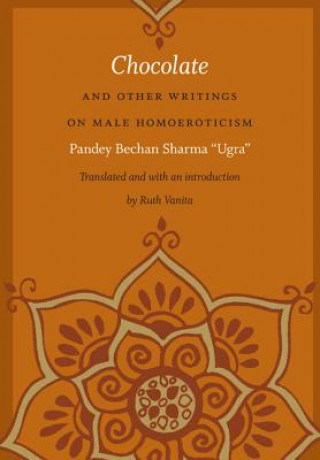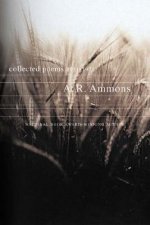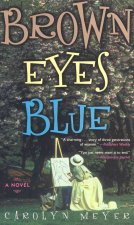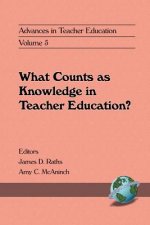
Consegna
Guida all'acquisto





Non ti piace? Non importa! Puoi restituircelo entro 30 giorni
 Buono sconto
Di qualsiasi valore
Buono sconto
Di qualsiasi valore
Non puoi sbagliarti con un buono regalo. Con il buono regalo, il destinatario può scegliere qualsiasi prodotto della nostra offerta.
Chocolate and Other Writings on Male Homoeroticism
 Inglese
Inglese
 85 b
85 b
30 giorni per il reso
Potrebbe interessarti anche


This volume makes available for the first time in English the work of a significant Indian nationalist author, Pandey Bechan Sharma, better known in India as 'Ugra' ('Extreme'). His book "Chocolate", a 1927 collection of eight stories, was the first work of Hindi fiction to focus on male same-sex relations, and its publication sparked India's first public debates about homosexuality. Many prominent figures, including Gandhi, weighed in on the debates, which lasted into the 1950s. This edition, translated and introduced by Ruth Vanita, includes the full text of "Chocolate" along with an excerpt from Ugra's novel "Letters of Some Beautiful Ones" (also published in 1927). In her introduction, Vanita situates Ugra and his writings in relation to Indian nationalist struggles and Hindi literary movements and feuds, and she analyzes the controversies that surrounded "Chocolate". Those outraged by the titillating portrayal of homosexuality labelled the collection obscene. On the other side, although no one explicitly defended homosexuality in public, some justified Ugra's work by arguing that it was the artist's job to educate through provocation. The stories depict male homoeroticism in quotidian situations: a man brings a lover to his disapproving friend's house; a good-looking young man becomes the object of desire at his school. The love never ends well, but the depictions are not always unsympathetic. Although Ugra claimed that the stories were aimed at suppressing homosexuality by exposing it, Vanita highlights the ambivalence of his characterizations. Cosmopolitan, educated, and hedonistic, the Hindu and Muslim men he portrayed quote Hindi and Urdu poetry to express their love, and they justify same-sex desire by drawing on literature, philosophy, and world history. Vanita's introduction includes anecdotal evidence that "Chocolate" was enthusiastically received by India's homosexual communities.
Informazioni sul libro
 Inglese
Inglese
Categorie


 Contatto
Contatto Come acquistare
Come acquistare



























